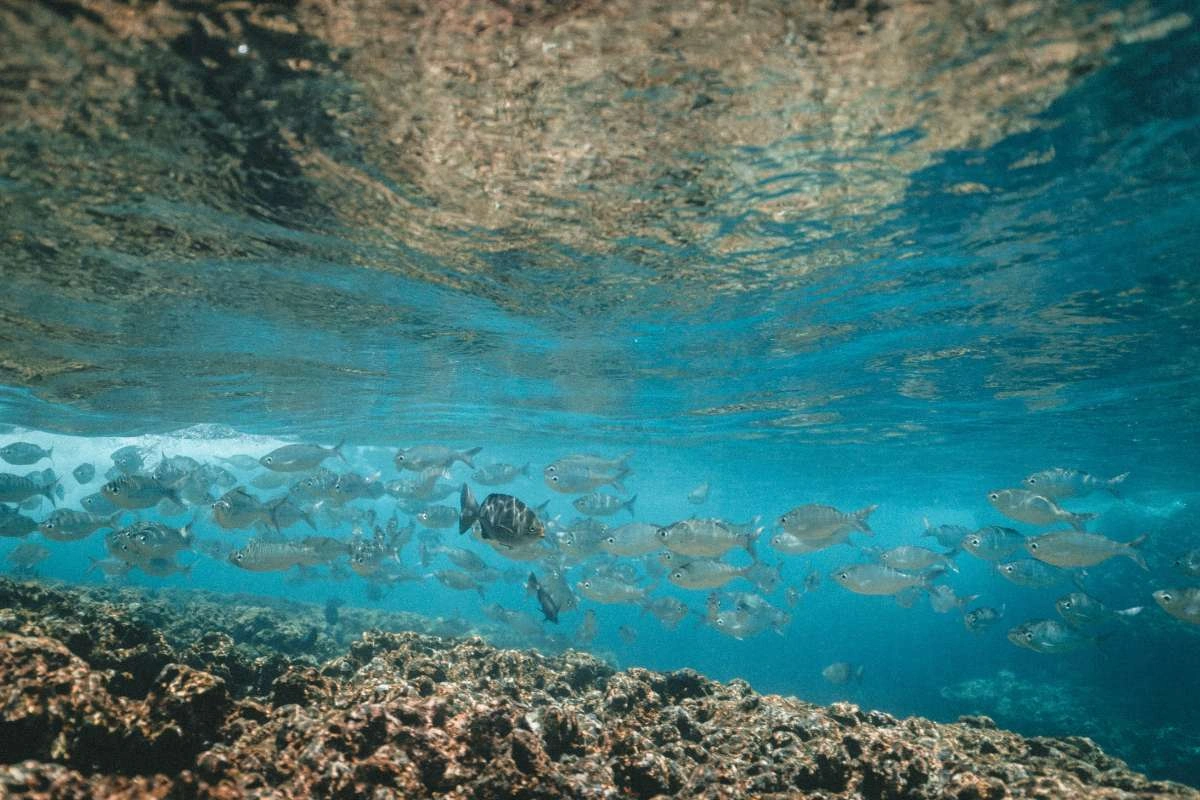
Have you ever wondered how humans and coastal ecosystems shape each other? This field explores the fascinating dynamics of how human life and cultures adapt to, influence, and transform marine environments—and how these ecosystems, in turn, impact human livelihoods, societies, and cultures. By focusing on this interplay, Coastal Human Ecology provides critical insights for the thoughtful stewardship of our planet's coasts and oceans.
Coastal regions are essential to the health of both human and marine life. They provide food security, economic opportunities, and cultural identity for millions worldwide, yet they are increasingly vulnerable to challenges like overfishing, climate change, and pollution. By examining these issues through the lens of Coastal Human Ecology, you'll gain a deeper understanding of how sustainable marine conservation efforts can benefit both people and the planet.
This video will set the stage by introducing the foundational principles, frameworks, and methodologies of Coastal Human Ecology. By the end of this module, you should be able to:
As you watch the video, focus on the key connections between cultural, ecological, and conservation concerns. Reflect on how local knowledge systems and modern science can complement one another to create effective conservation strategies. At the end of the video, a short quiz will help you assess and reinforce what you've learned.
Click the button to take the quiz and get your credit.